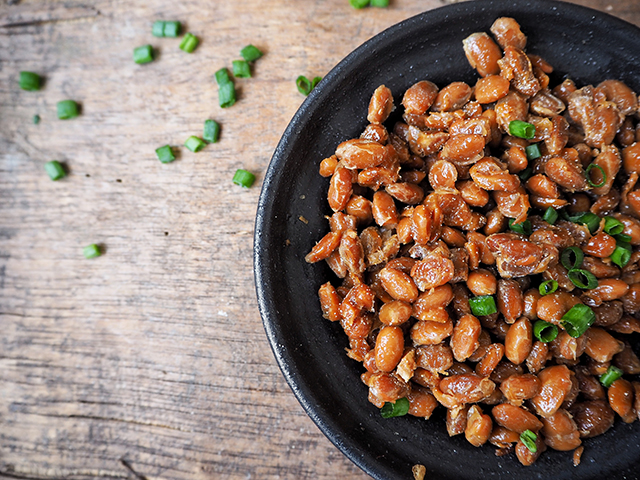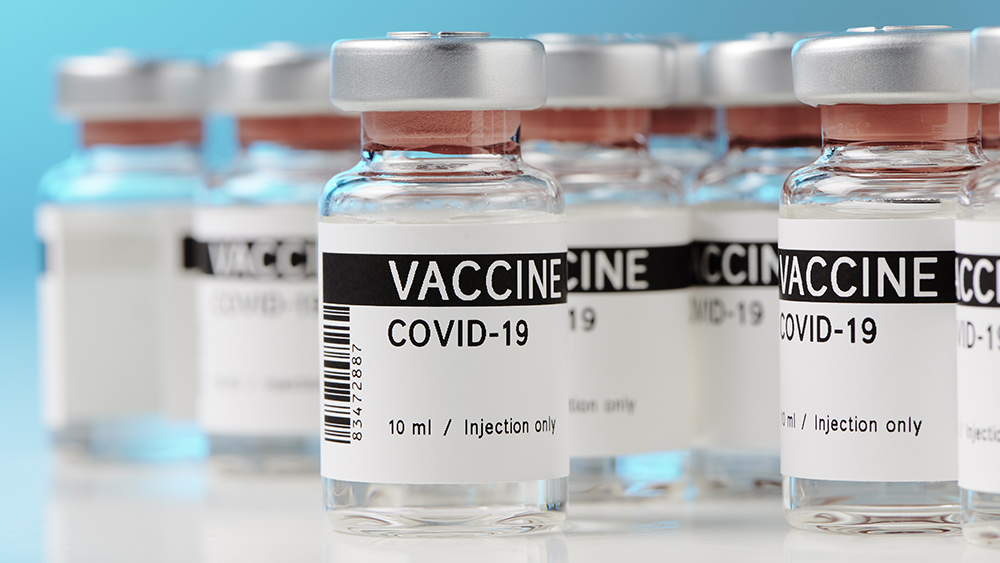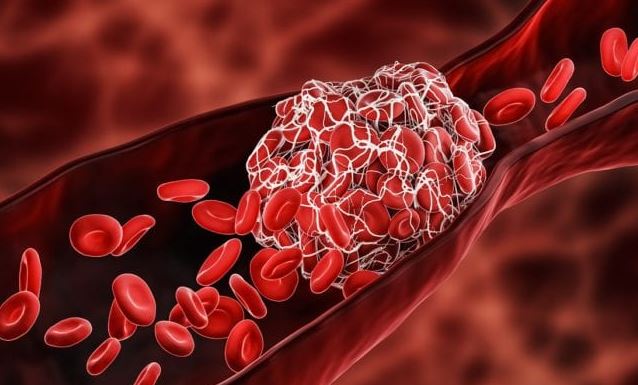
One of the strongest defenses against heart disease, arterial rigidity and blood clots is a little-known food called natto. Natto is a sticky, cheese-like substance that is produced from fermented soybeans and a specific type of commensal bacteria. This beneficial bacteria, Bacillus Subtilis, helps keep the intestinal tract healthy. When it is used to ferment soybeans, it produces a medicinal substance that can lower blood pressure, treat osteoporosis, dissolve blood clots and keep cardiovascular disease, strokes and heart attacks at bay.
Nattokinase is a remedy against vaccine-induced blood clots
Natto is popular in Japan, where it has been a staple breakfast food for thousands of years. It gives off a nutty, salty flavor and is often paired with rice. Researchers from the University of Chicago isolated a specific clot-busting enzyme within natto. This enzyme is called nattokinase. When nattokinase was applied to blood clots at body temperature, the clots dissolved within 18 hours.
When red blood cells are injured, a thread-like web called fibrin forms around them. This process occurs naturally to stop bleeding, to form a scab and initiate the healing process. As the injury begins to heal, the body produces another substance called plasmin, which breaks up and dissolves the fibrin. As a person ages, their body produces less plasmin. If fibrin is not properly dissolved, it can become a dangerous clot that leads to heart attack and/or stroke.
Nattokinase helps an aging body dissolve fibrin, protecting the cardiovascular system from potentially life-threatening clots that haven't fully dissolved. According to research, nattokinase is four times more powerful at dissolving clots than plasmin itself. When included in the diet, it can help stabilize blood pressure, dissolve any existing clots and optimize the cardiovascular system.
Natto's value is greater today than ever before due to the onslaught of blood clots and heart inflammation caused by mass Wuhan coronavirus (COVID-19) vaccination programs. As the runaway production of inflammatory spike proteins caused blood coagulation and autoimmune issues, the threat of blood clots remain. While there are no scientific studies proving that natto can break up the strange clot formations coming from these vaccines, it does have a longstanding history of dissolving regular blood clots.
Natto is great for the cardiovascular function, digestion and bone health
Clot-dissolving drugs can save lives in an emergency hospital setting, yet their effects do not last long and they are often very expensive. A single dose of clot-dissolving drugs is good for a few minutes and can reach $1,500. On the other hand, a hospital emergency can be prevented altogether with a $20 weekly serving of natto. The clot-dissolving food stays bio-active in the body for up to 12 hours at a time and works more efficiently over the long haul to dissolve clots and improve cardiovascular function. The side effects of this food are lower blood pressure, lower cholesterol, healthier digestion and stronger bones.
A study from Oklahoma State University and Miyazaki Medical College found that nato dissolves blood clots 48 percent faster. Twelve Japanese volunteers saw their clots dissolve within two hours and their blood pressure dropped by 11 percent in just two weeks. Natto is a healthy option for treating osteoporosis, too. The substance spurs the synthesis of vitamin K2 in the intestinal tract. This vitamin helps the body preserve its calcium stores in the bone. One study found that women can reduce their bone mass loss by simply eating 160 grams of natto per week. The women in the study reduced bone mass loss in their upper thighs by over 80 percent and in their lower arms by 60 percent.
If this food was adopted into cultures outside of Japan, then quality of life would be improved for hundreds of millions of people around the world, especially for adults transitioning into old age. Doctors should be recommending natto supplements for anyone who received a COVID-19 vaccine and survived thus far.
Sources include:
Please contact us for more information.





















